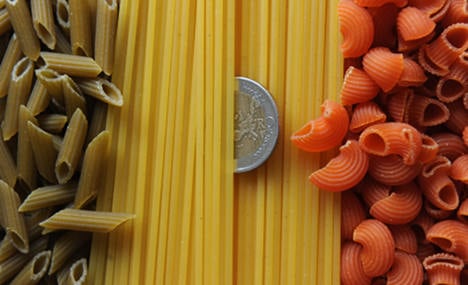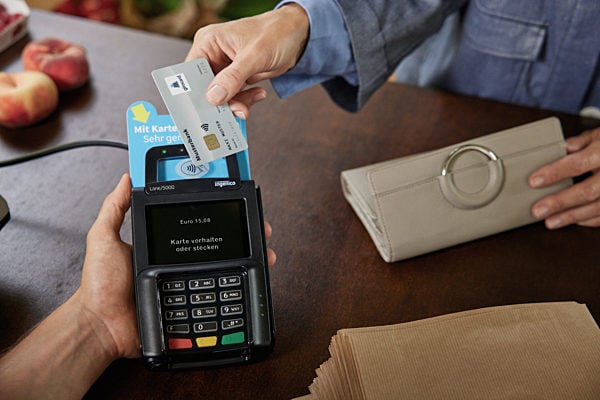The average wealth of German households is lower than both French and Italian ones, a report released on Wednesday by bank Credit Suisse said.
Despite the recession, average wealth per adult in Italy rose 5.6 percent to €178,615 between mid-2012 and mid-2013, according to the Global Wealth Report 2013, placing the country 13th in the world.
Wealth per adult was €154,900 in mid-2013 for the Eurozone, but there were significant differences between countries.
Credit Suisse estimated that household wealth in Austria, Germany, Ireland and the Netherlands was similar to the Eurozone level, but wealth is about 20 percent higher in Italy and Belgium. It is about 50 percent higher in France and Luxembourg.
Switzerland, which in 2011 became the first country where average wealth exceeded €370,000, topped the list.
However, Germany ranked highly for its number of millionaires coming in fourth place behind the USA, France and the UK. The number of millionaires in Germany is expected to grow by 46 percent by 2018. Meanwhile, total wealth grew by 7.7 percent in Europe, the report found.
At the global level, wealth per household increased by 4.9 percent to €38,188 per adult between mid-2012 and mid-2013. It also forecasts average household wealth will climb 39 percent over the next five years, with most of the wealthiest households being in emerging markets.
”Our research shows that global wealth has doubled since 2000, quite compelling given some of the economic challenges of the last decade,” said Michael O’Sullivan of Credit Suisse Research Institute.
“We expect this trend to continue in the foreseeable future, driven largely by Emerging Markets’ strong economic growth and rising population levels.”
READ MORE: French claim low German wages are unfair on them
The Local/rs
Follow us on Twitter @thelocalgermany
Like The Local Germany on Facebook



 Please whitelist us to continue reading.
Please whitelist us to continue reading.
Member comments